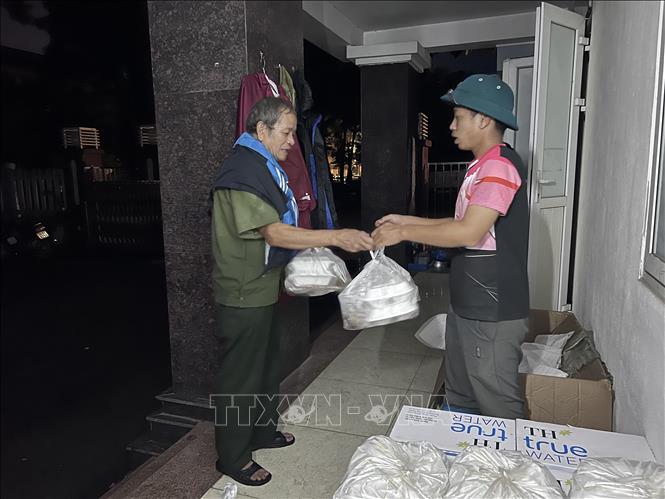
Accordingly, the province proposed to support 1,200 tons of rice to help people who suffered heavy losses in rice and crops; at the same time, proposed to provide about 1,000 billion VND to restore production, stabilize life and repair infrastructure works severely damaged by storm No. 11, as well as supplement funds to overcome the consequences of storm No. 10.
Cao Bang also proposed funding support for the installation of early warning systems for floods, flash floods, landslides and the development of flood and landslide maps to improve future disaster prevention capacity; at the same time, it proposed supplementing rescue equipment such as motorboats, canoes and organizing training for driving specialized vehicles locally.
Through the practice of responding to natural disasters, Cao Bang province has realized that the traditional thinking of "flood prevention" is no longer suitable in the current extreme climate conditions. Many infrastructure projects designed based on average rainfall data have not met the frequency and intensity of heavy rain. Urban and residential drainage systems are overloaded, causing deep flooding, seriously affecting life and production. From that reality, the province determined that it is necessary to change the thinking of climate management, shifting from passive response to proactive adaptation and risk management, considering "climate safety" as a mandatory criterion in urban planning, investment and development.
The province will direct the review of all planning and public investment plans, ensuring that all new projects are evaluated in parallel in terms of development efficiency and ability to withstand the impact of extreme climate; integrate the principle of "keeping space for water" into the adjustment of the Provincial Planning for the period 2021 - 2030, with a vision to 2050; add flood escape corridors, temporary water storage areas and drainage systems in central wards such as Thuc Phan, Nung Tri Cao, and Tan Giang.
Along with engineering measures, the province will focus on developing "soft infrastructure" such as early warning, real-time rain and flood data, community training, towards integrated disaster risk management by basin. On that basis, Cao Bang Provincial People's Committee proposed the Government , the National Steering Committee for Natural Disaster Prevention and Control and central ministries and branches to consider, guide and support the province in implementing 5 key groups including: perfecting institutions and policy frameworks on climate adaptation; promulgating and piloting a set of standards for climate-adaptive public investment; building an early warning and risk management system by basin; strengthening financial mechanisms and supporting local resources; technical cooperation, training and replicating pilot models.
The above recommendations and proposals are drawn from the practical experience of natural disaster response and the direction of Deputy Prime Minister Tran Hong Ha, demonstrating the proactive spirit, receptiveness and determination to innovate in development thinking of Cao Bang province.
The province proposed that the Government and central ministries and branches pay attention to guiding and supporting the implementation, and consider selecting Cao Bang as a pilot locality for the climate risk management model in the northern mountainous region, as a basis for summarizing, perfecting institutions and replicating nationwide.
Source: https://baotintuc.vn/xa-hoi/cao-bang-de-xuat-ho-tro-1200-tan-gao-va-1000-ty-dong-khac-phuc-hau-qua-thien-tai-20251009205443682.htm




![[Photo] Opening of the World Cultural Festival in Hanoi](https://vphoto.vietnam.vn/thumb/1200x675/vietnam/resource/IMAGE/2025/10/10/1760113426728_ndo_br_lehoi-khaimac-jpg.webp)

![[Photo] Unique Phu Gia horse hat weaving craft](https://vphoto.vietnam.vn/thumb/1200x675/vietnam/resource/IMAGE/2025/10/10/1760084018320_ndo_br_01-jpg.webp)
![[Photo] Ho Chi Minh City is brilliant with flags and flowers on the eve of the 1st Party Congress, term 2025-2030](https://vphoto.vietnam.vn/thumb/1200x675/vietnam/resource/IMAGE/2025/10/10/1760102923219_ndo_br_thiet-ke-chua-co-ten-43-png.webp)


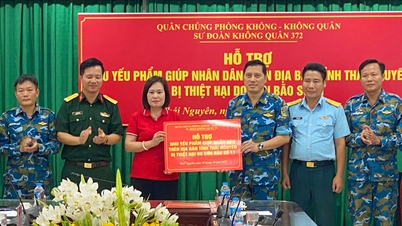

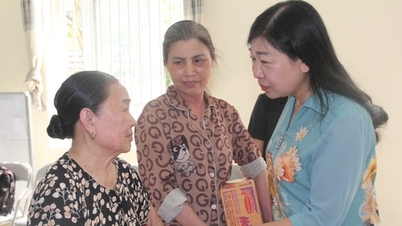




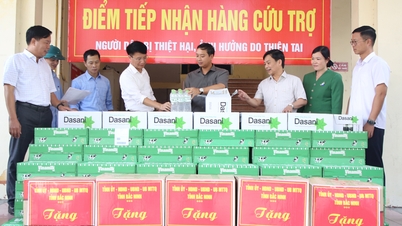

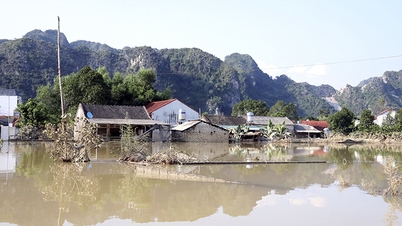
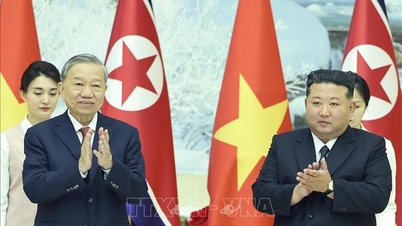








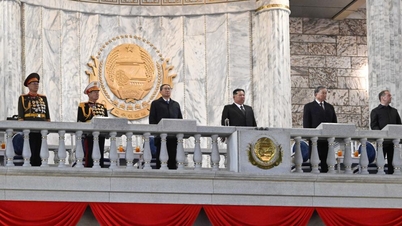
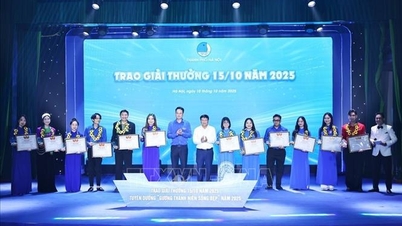




















































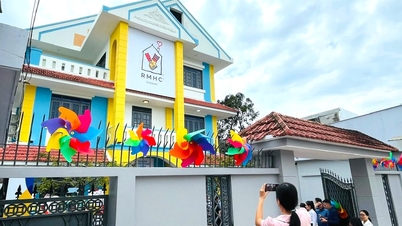
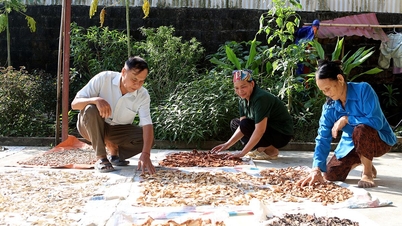


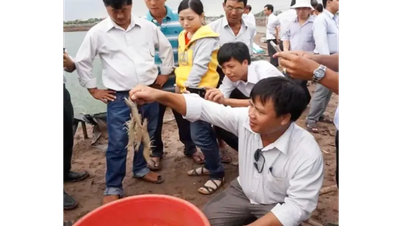











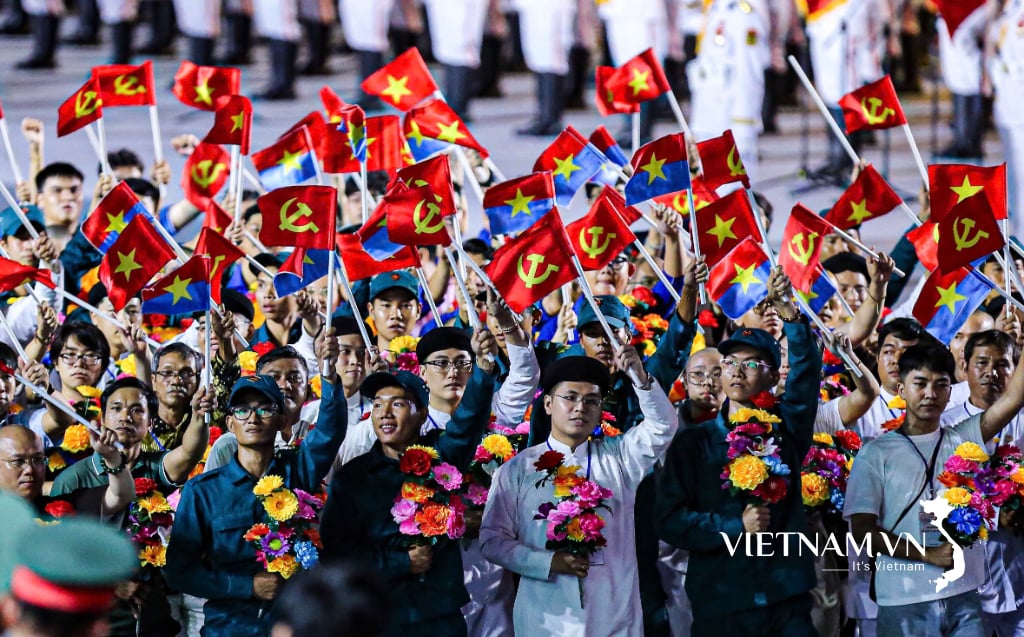



Comment (0)